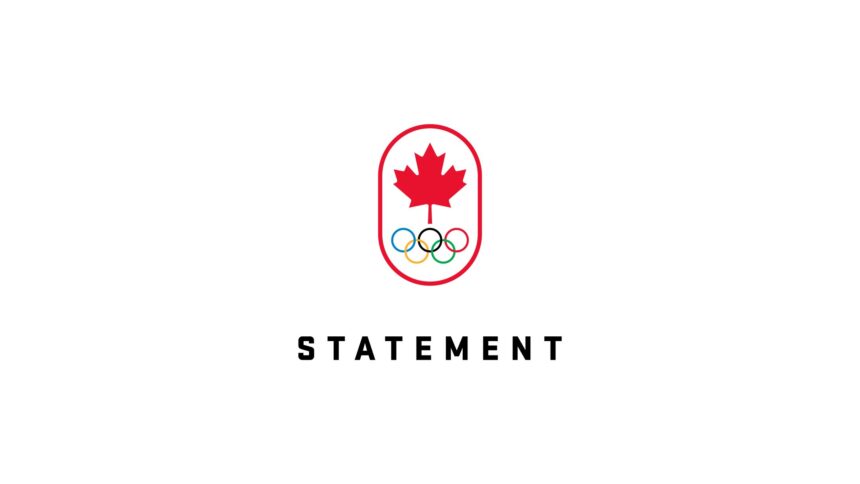In a watershed moment for Canadian athletics, the Canadian Olympic Committee (COC) has officially thrown its full support behind the preliminary report released by the Future of Sport in Canada Commission. The endorsement comes at a critical juncture when sporting organizations nationwide grapple with implementing more robust safeguarding measures to protect athletes at all levels of competition.
“This preliminary report represents a crucial first step toward creating the sporting environment that Canadian athletes deserve,” said David Shoemaker, CEO and Secretary General of the COC. “The recommendations align perfectly with our vision of a sporting culture where excellence and safety coexist without compromise.”
The commission’s report, which emerged following months of consultations with stakeholders across the country, outlines several pivotal recommendations aimed at transforming Canada’s sporting landscape. Chief among these is the establishment of an independent safeguarding mechanism that would operate outside the influence of national sporting organizations, providing athletes with a truly impartial avenue for reporting concerns.
Sport in Canada has faced increasing scrutiny in recent years, with CO24 News investigations revealing troubling patterns of misconduct across multiple disciplines. These revelations have prompted calls for systemic reform from athlete advocacy groups, many of whom have praised the commission’s work while emphasizing the urgency of implementation.
The COC has committed to supporting the transition toward these new safeguarding frameworks, pledging both financial and operational resources to facilitate the change. This support extends to helping national sport organizations adapt to new compliance requirements, which many smaller organizations have identified as potentially challenging due to resource constraints.
“We recognize that this transformation will require significant investment and patience,” noted Tricia Smith, President of the COC. “However, when we consider what’s at stake—the wellbeing of our athletes and the integrity of Canadian sport—there simply is no alternative.”
The preliminary report also addresses the need for clearer accountability mechanisms, increased transparency in governance, and more consistent application of safeguarding policies across all sporting bodies. Industry observers have noted that these recommendations align with international best practices already implemented in countries like Australia and the United Kingdom.
Athletes have been particularly vocal in their support for the commission’s findings. Three-time Olympic medalist Catriona Le May Doan emphasized the importance of these reforms: “Throughout my career, I’ve seen how critical a safe environment is to athletic achievement. These recommendations aren’t just about preventing harm—they’re about creating the conditions where Canadian athletes can truly excel.”
The implementation timeline remains a subject of ongoing discussion, with the commission suggesting a phased approach over the next 24-36 months. Sports administrators have acknowledged the complexity of the task ahead, particularly in harmonizing various existing policies while ensuring no gaps in athlete protection during the transition period.
As CO24 Business reporting has highlighted, there are also significant economic implications to these reforms, with potential impacts on sponsorship arrangements and insurance requirements for sporting organizations. Industry analysts suggest that organizations embracing these changes proactively may actually see increased support from corporate partners increasingly conscious of governance and safety issues.
With this endorsement from the COC, momentum for reform appears stronger than ever. The question now facing Canada’s sporting community is not whether these changes will happen, but how quickly and effectively they can be implemented to benefit the next generation of athletes. As these policies take shape, will Canada emerge as a global leader in sport safeguarding, or will implementation challenges slow the pace of meaningful change?










